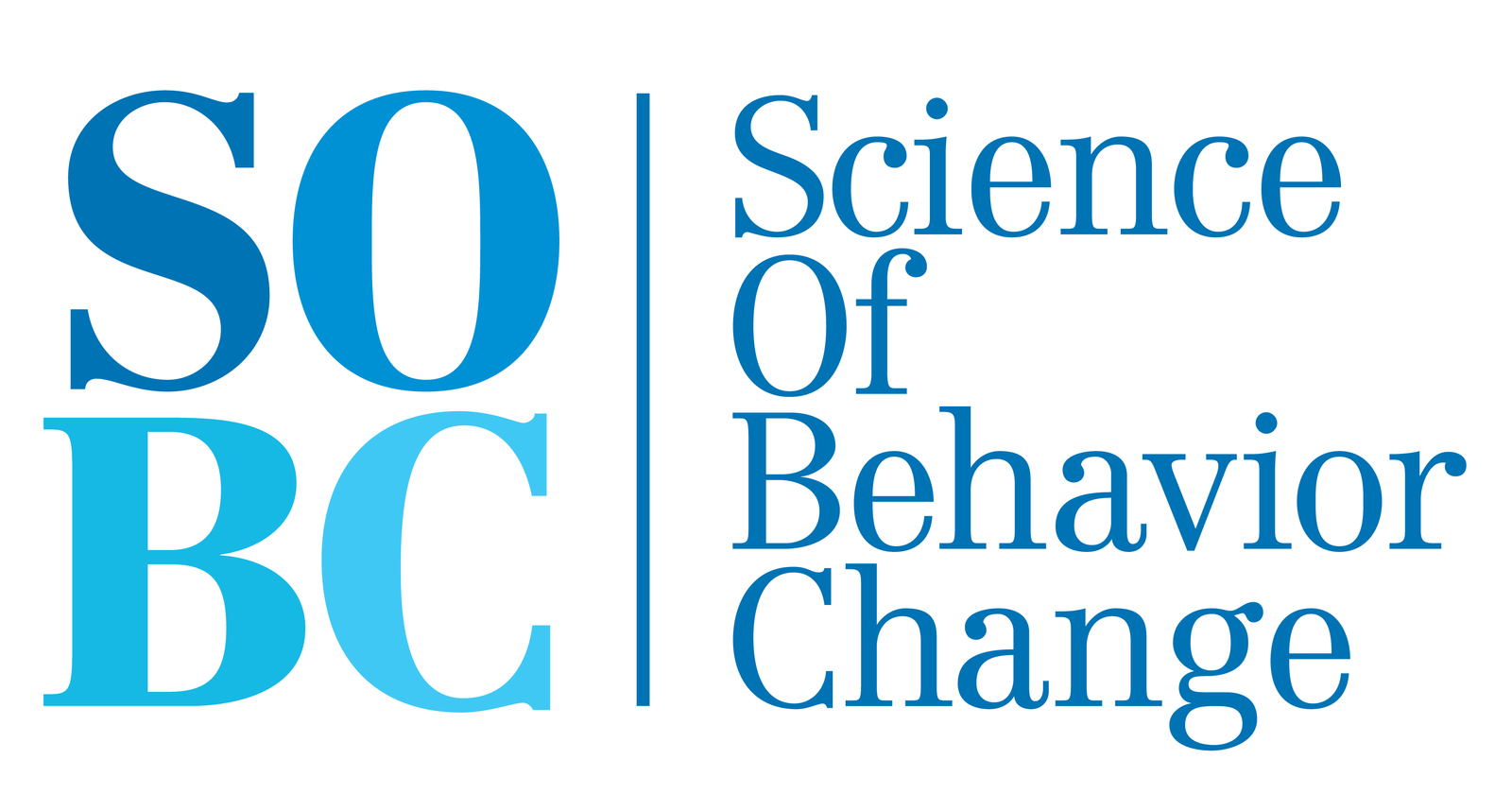Mechanistic Targets for Intervening with Racial Disparities: A Focus on Race-Related Stressors, Health Literacy, and Physician/Patient Interactions (With CE)
$40.00
Presenters: Dr. Lisa A. Cooper, Dr. Dean Schillinger, and Dr. Gilbert C. Gee
Overview:
Topic: Reducing Racial Disparities in Health Care by Improving Patient-Physician Relationships
Lisa A. Cooper, MD, MPH
Bloomberg Distinguished Professor & James F. Fries Professor of Medicine
John Hopkins University
In her talk, Dr. Cooper will provide some context to health disparities and their complex interactions throughout all domains in society—race, gender, income, residence, etc.—and highlight the health system factors and social relationships that stratify these disparities in healthcare. From this, she will explain the dimensions of the patient-clinician relationship, and the disparities that exist within them. In doing so, Dr. Cooper will touch upon evidence-based communication methods that can reduce the bias and disparities in healthcare, through the lens of research she has conducted over the course of her career. These include the “Patient-Physician Partnership to Improve Blood Pressure Adherence”(also known as Triple P Study), “Project ReD CHiP”, and “RICH LIFE”. With the lessons learned from these studies, she plans to discuss multilevel approaches to improve physician-patient relationships and reduce disparities in the delivery of health care.
Topic: Understanding the Role of Structural Racism and Racialized Rules in Perpetuating Racial Health Inequities
Gilbert C. Gee, PhD
Professor & Chair of Community Health Sciences
University of California, Los Angeles
Dr. Gee will discuss why racial health inequities persist despite that interventions have mainly focused on individual and institutional forms of racism but have not examined structural racism. His presentation distinguishes among these various forms of racism and discusses the “bucky ball” analogy. Further, Dr. Gee examines racialized rules as one of the mechanisms that perpetuate the racial hierarchy across institutions, and how we might begin to move forward.
Topic: Precision Communication: Implications for Clinical Care, Public Health, and Health Equity
Dean Schillinger, MD
Professor of Medicine
University of California, San Francisco
Dr. Schillinger will speak about his work related to advancing health literacy as a means to promote health equity
and reduce racial, ethnic, and socioeconomic disparities in health. He will briefly review what is known about the independent associations between health literacy and health outcomes and will provide a novel conceptual framework that elucidates the complex role that health literacy plays in modifying the relationship between structural determinants and health outcomes. The model brings together both individual-and public health literacy from a socio-ecologic perspective. He will then share theoretically distinct examples of his communication research to advance individual health literacy and public health literacy, respectively.
Learning Objectives:
- Summarize the history and implications of racial disparities in health outcomes
- Describe different mechanistic targets for intervening with racial disparities in health outcomes
- Demonstrate how to assess and mechanistically target race-related stressors to intervene on racial disparities
- Demonstrate how to use health literacy and communication to intervene on racial disparities
- Demonstrate how to use physician-patient interactions to intervene on racial disparities
- Summarize what is known about the associations between health literacy and health disparities
- Provide a novel conceptual framework that elucidates the roles that health literacy plays in modifying the relationship between structural determinants and health outcomes.
- Convey the 3-function model of health communication in the clinical encounter
- Share theoretically distinct examples of communication research to advance individual health literacy and public health literacy in diverse populations
Description
Co-Hosted with The Science of Behavior Change
Presenters: Dr. Lisa A. Cooper, Dr. Dean Schillinger, and Dr. Gilbert C. Gee
Overview:
Topic: Reducing Racial Disparities in Health Care by Improving Patient-Physician Relationships
Lisa A. Cooper, MD, MPH
Bloomberg Distinguished Professor & James F. Fries Professor of Medicine
John Hopkins University
In her talk, Dr. Cooper will provide some context to health disparities and their complex interactions throughout all domains in society—race, gender, income, residence, etc.—and highlight the health system factors and social relationships that stratify these disparities in healthcare. From this, she will explain the dimensions of the patient-clinician relationship, and the disparities that exist within them. In doing so, Dr. Cooper will touch upon evidence-based communication methods that can reduce the bias and disparities in healthcare, through the lens of research she has conducted over the course of her career. These include the “Patient-Physician Partnership to Improve Blood Pressure Adherence”(also known as Triple P Study), “Project ReD CHiP”, and “RICH LIFE”. With the lessons learned from these studies, she plans to discuss multilevel approaches to improve physician-patient relationships and reduce disparities in the delivery of health care.
Learning Objectives:
- Summarize the history and implications of racial disparities in health outcomes
- Describe different mechanistic targets for intervening with racial disparities in health outcomes
- Demonstrate how to assess and mechanistically target race-related stressors to intervene on racial disparities
- Demonstrate how to use health literacy and communication to intervene on racial disparities
- Demonstrate how to use physician-patient interactions to intervene on racial disparities
Topic: Understanding the Role of Structural Racism and Racialized Rules in Perpetuating Racial Health Inequities
Gilbert C. Gee, PhD
Professor & Chair of Community Health Sciences
University of California, Los Angeles
Dr. Gee will discuss why racial health inequities persist despite that interventions have mainly focused on individual and institutional forms of racism but have not examined structural racism. His presentation distinguishes among these various forms of racism and discusses the “bucky ball” analogy. Further, Dr. Gee examines racialized rules as one of the mechanisms that perpetuate the racial hierarchy across institutions, and how we might begin to move forward.
Topic: Precision Communication: Implications for Clinical Care, Public Health, and Health Equity
Dean Schillinger, MD
Professor of Medicine
University of California, San Francisco
Dr. Schillinger will speak about his work related to advancing health literacy as a means to promote health equity
and reduce racial, ethnic, and socioeconomic disparities in health. He will briefly review what is known about the independent associations between health literacy and health outcomes and will provide a novel conceptual framework that elucidates the complex role that health literacy plays in modifying the relationship between structural determinants and health outcomes. The model brings together both individual-and public health literacy from a socio-ecologic perspective. He will then share theoretically distinct examples of his communication research to advance individual health literacy and public health literacy, respectively.
Learning Objectives:
- Summarize the history and implications of racial disparities in health outcomes
- Describe different mechanistic targets for intervening with racial disparities in health outcomes
- Demonstrate how to assess and mechanistically target race-related stressors to intervene on racial disparities
- Demonstrate how to use health literacy and communication to intervene on racial disparities
- Demonstrate how to use physician-patient interactions to intervene on racial disparities
- Summarize what is known about the associations between health literacy and health disparities
- Provide a novel conceptual framework that elucidates the roles that health literacy plays in modifying the relationship between structural determinants and health outcomes.
- Convey the 3-function model of health communication in the clinical encounter
- Share theoretically distinct examples of communication research to advance individual health literacy and public health literacy in diverse populations
Bio:
Dr. Katherine (Kate) Iverson, PhD is a clinical psychologist, health services researcher, and implementation scientist who aims to improve healthcare services for individuals who experience trauma, particularly intimate partner violence (IPV). She is a Clinician Investigator in the Women’s Health Sciences Division of the National Center for PTSD at the VA Boston Healthcare System and Associate Professor of Psychiatry at Boston University School of Medicine. Dr. Iverson’s research ranges from identifying the prevalence of IPV and associated health consequences, to developing and evaluating treatments for individuals who experience IPV, to implementing IPV screening programs and treatments into routine care. The clinical and policy impacts of her research were recognized through a Presidential Early Career Award for Scientists and Engineers. She has published more than 120 peer-reviewed journal articles on IPV and related topics such as PTSD, revictimization, and trauma-informed care. Dr. Iverson also co-developed and established the evidence-base for a holistic, trauma-informed, and patient-centered brief counseling intervention- “Recovering from IPV through Strengths and Empowerment” (RISE)- for individuals who experience recent or ongoing IPV.






Reviews
There are no reviews yet.